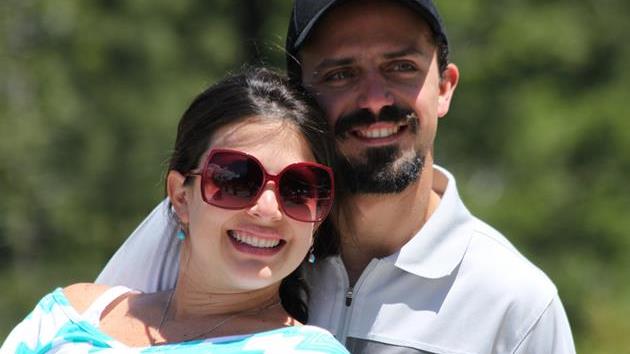During a recent couples counseling session, Tim, 38, spoke about how overwhelmed he feels when Samantha, 37, get upset with him and shares her frustrations. According to Samantha, he tunes her out and often retreats to another room or watches sports. Tim reflects: “I love Sam and want to make her happy but when she bombards me with intense feelings, it’s more than I can handle so I usually bail out. I do feel badly and we sometimes talk later,... Read more
















